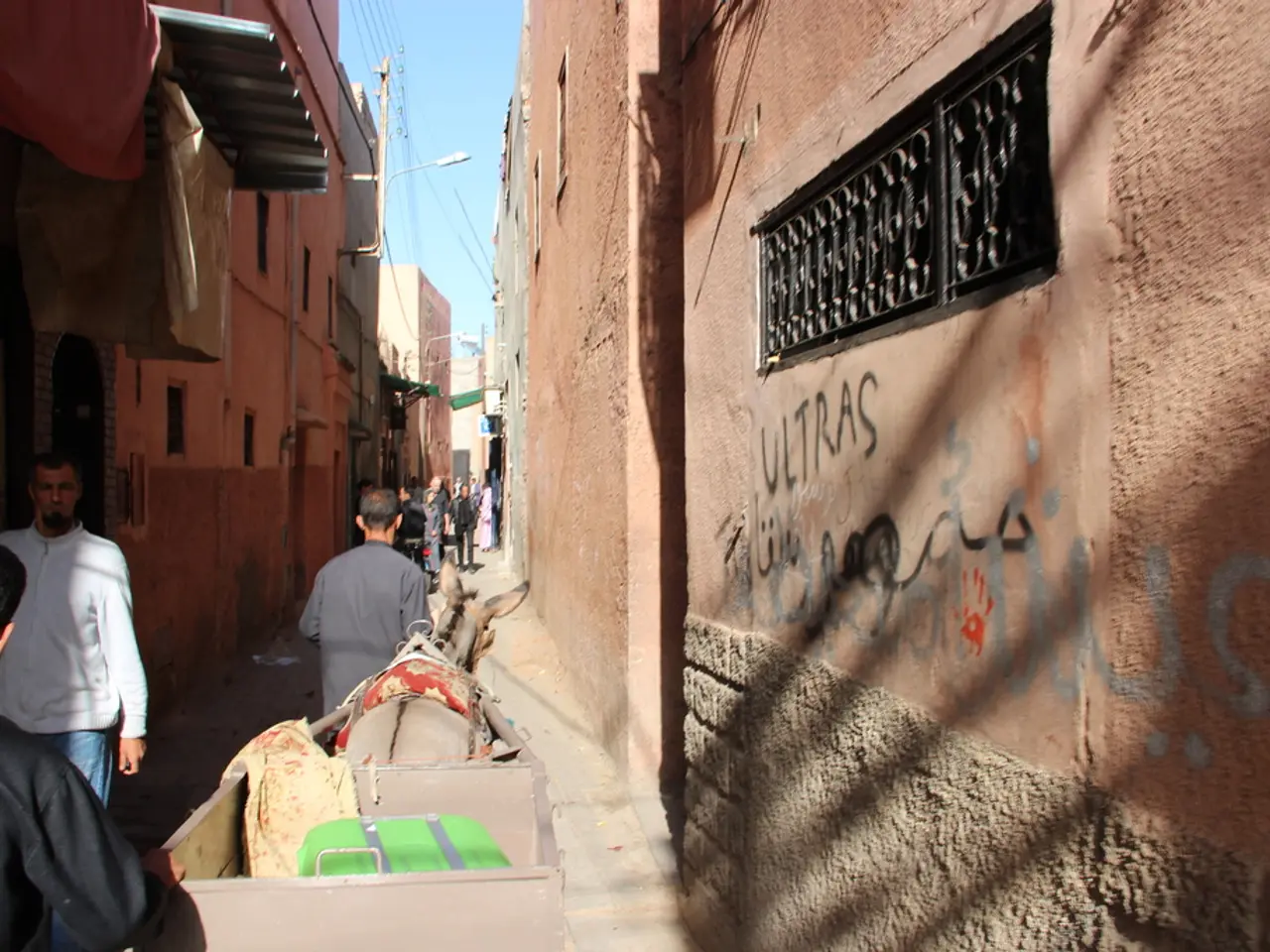Australia formally acknowledges the Palestinian state in the midst of the Gaza crisis, aligning with other international counterparts.
Australia Recognizes Palestinian State Amidst Ongoing Conflict
In a significant diplomatic move, Australian Prime Minister Anthony Albanese announced on Monday that Australia will recognize a Palestinian state. This decision comes alongside similar announcements by other G7 and Western states, signifying growing diplomatic momentum towards resolving the Israeli-Palestinian conflict.
The planned recognition by Australia is expected to take place in September 2025 and follows a broader movement among Western nations to renew efforts towards a two-state solution. The two-state solution, which involves the establishment of an independent Palestinian state living side-by-side with Israel, has been under threat due to ongoing conflict, Israeli settlement expansion in the West Bank, and humanitarian fallout from the Gaza situation.
France, one of the countries set to recognize Palestine, frames its recognition as a response to the "strategic breakdown in regional balance" and a push to create "space for durable political options." This reflects a desire to counteract rising violence and impasse in peace negotiations.
However, Australia, the UK, and Canada have indicated conditional or potential recognition, depending on political developments such as ceasefires, demilitarization, and governance by non-Hamas authority. For instance, Albanese has laid out conditions for Palestine recognition, including Hamas not holding any roles in a Palestinian government, demilitarizing Gaza, and a guarantee to hold elections.
The conditional recognitions by countries like Canada require commitments from the Palestinian side, such as holding elections without Hamas participation and demilitarization, indicating these countries want to ensure stability and clear governance structures before fully endorsing statehood. The UK similarly ties recognition to Israel taking steps such as agreeing to a ceasefire and halting West Bank annexation plans.
The state of suffering in Gaza has been described as a "humanitarian catastrophe" by Prime Minister Albanese. He has also criticized the Israeli government for defying international law and denying sufficient aid, food, and water to desperate people, including children, in Gaza.
The President of the Australia Palestine Advocacy Network, Nasser Mashni, has criticized Albanese's recognition as coming too late and doing nothing to end the "Ongoing genocide in Gaza." Israeli leader Benjamin Netanyahu has also criticized Australia and other European countries for recognizing a Palestinian state, with Israel's envoy to Australia, Amir Maimon, posting on social media that recognizing a Palestinian state elevates the position of Hamas, a group acknowledged as a terrorist organization.
The recognition of a Palestinian state by Australia will be formalized at the United Nations General Assembly in September. This recognition will join the ranks of France, Britain, and Canada, with 150 out of 193 members of the United Nations having already recognized Palestine's statehood. However, the United States and many other Western countries have for years held off on recognition of a Palestinian state.
Prime Minister Albanese has stated that a two-state solution is humanity's best hope to break the cycle of violence in the Middle East and to bring an end to the conflict, suffering, and starvation in Gaza. He has also reiterated Australia's call for Hamas to return Israeli hostages held since Oct. 7, 2023.
This decision by Australia reflects a growing international pressure on Israel to address the ongoing conflict and to work towards a peaceful resolution. Whether this diplomatic shift will lead to significant progress in the Israeli-Palestinian conflict remains to be seen.
References: [1] ABC News Australia. (2023). Australia to recognise Palestine in September 2025. Retrieved from https://www.abc.net.au/news/2023-04-17/australia-recognise-palestine-in-september-2025/134002144
[2] The Guardian. (2023). Australia to recognise Palestinian state in September 2025, Anthony Albanese confirms. Retrieved from https://www.theguardian.com/world/2023/apr/17/australia-to-recognise-palestinian-state-in-september-2025-anthony-albanese-confirms
[3] Middle East Eye. (2023). France to recognise Palestine as a state in September 2025. Retrieved from https://www.middleeasteye.net/news/france-recognise-palestine-state-september-2025
- The Australian Prime Minister's announcement to recognize a Palestinian state is not only a matter of foreign policy but also a statement in the realm of politics, reflecting broader trends among Western nations seeking a resolution to the Israeli-Palestinian conflict, which is a significant general news topic.
- The recognition of a Palestinian state by Australia and other Western countries is a crucial step in the policy-and-legislation process, as it addresses the ongoing war-and-conflicts in the Middle East region, particularly the Israeli-Palestinian conflict, and aims to foster peace and stability.







